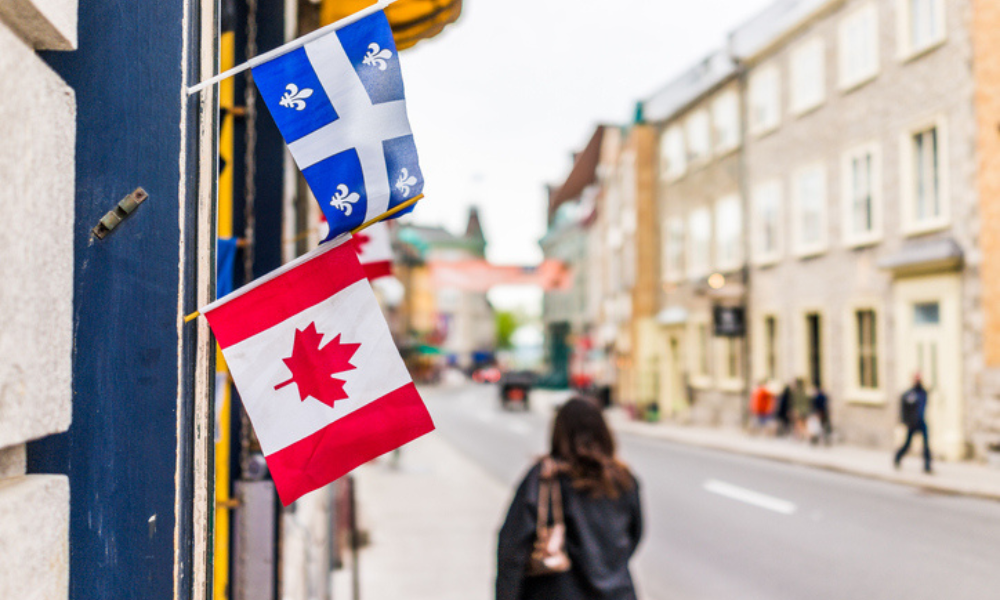
Court of Appeal upholds law, adds English school boards to prohibition of religious symbols

The Quebec Court of Appeal today decided that Bill 21, or the “secularism law” as it’s commonly known, is constitutional.
The law came into effect in 2019 and declared Quebec as a secular state. It included a provision that prohibits public sector employees such as teachers and police officers from wearing religious symbols on the job, including head coverings such as hijabs and turbans.
The ruling overturns a 2021 Superior Court judgement that made an exception for English school teachers, CTV News Montreal reported.
Quebec premier François Legault's government appealed that decision because it said it made an unfair distinction between francophone and English schools.
One of the main groups opposing Bill 21 is the National Council of Canadian Muslims, which said the law mostly affects Muslim women who wear the hijab – a main argument against the law is that it discriminates on the basis of gender.
The notwithstanding clause, which allows provinces to supersede the Canadian Charter of Rights and Freedoms, was invoked to create the law, making the gender discrimination argument invalid. The clause only grants that power for five year increments.
Opponents to the law have already stated they will appeal the decision, CBC reported, meaning the Bill’s fate will ultimately be up to the Supreme Court of Canada.